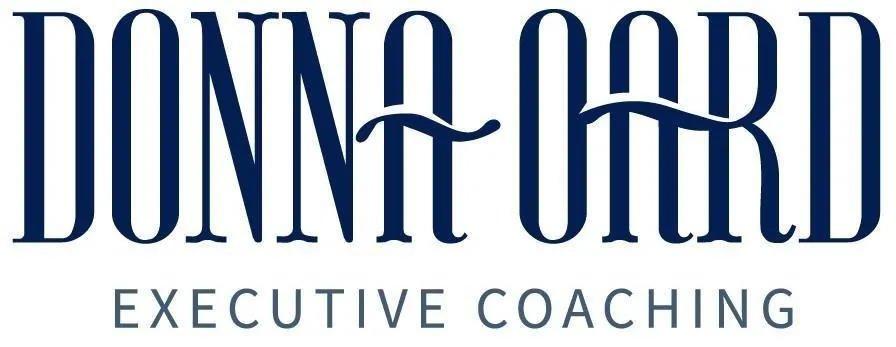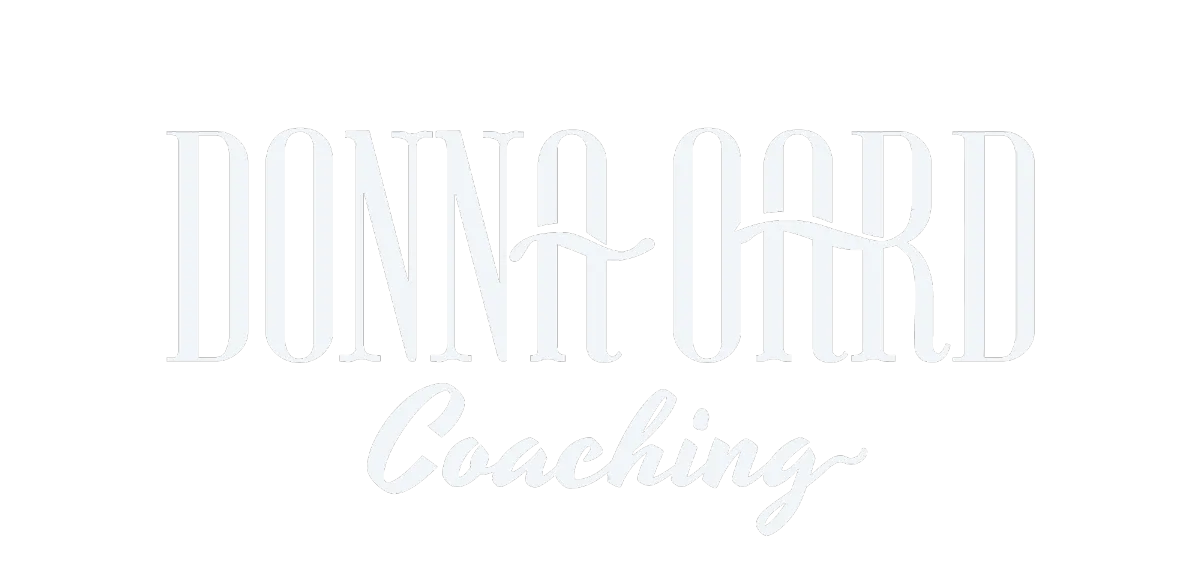Blogs
Contact me today!
I'm happy to help.

Speak to Lead with Effective Communication
Good communication is essential for successful leadership. Leaders need to clearly and convincingly share their messages to inspire, guide, and drive their teams toward achieving their goals. Here’s why good communication is important in leadership and how to develop this crucial skill.
Why Communication Matters
Building Trust and Openness Trust is the foundation of any strong relationship, including between leaders and their teams. When leaders communicate openly and honestly, they create an environment of transparency. This builds trust among team members, making them feel valued and understood.
Aligning Vision and Strategy Good communication ensures that everyone in the organization understands the company’s vision and strategy. Leaders must explain these clearly so that the team’s efforts are focused on common goals. This alignment is essential for working together effectively and achieving long-term success.
Motivating and Inspiring Teams Leaders who communicate well can motivate and inspire their teams. By sharing their passion and vision, they can spark the same enthusiasm in their employees. Inspirational communication helps drive performance and encourage new ideas.
Managing Change Smoothly Change is a part of every organization. Good communication is crucial during times of change to help manage transitions smoothly. Leaders need to explain why changes are happening, address concerns, and outline the benefits to get the team on board.
Making Better Decisions Clear and effective communication is essential for making good decisions. Leaders who communicate well can gather valuable insights from their teams, leading to better-informed decisions that consider different viewpoints.
Would you like to improve your communication skills as a leader? Book a free consultation call with us to learn more about how you can enhance your leadership abilities.
Key Strategies for Effective Communication
Active Listening Great leaders are also great listeners. Active listening means fully concentrating, understanding, responding, and remembering what is being said. It helps leaders understand their team’s needs, concerns, and ideas, creating a two-way communication channel.
Clarity and Simplicity Leaders need to be clear and simple in their communication. Avoid using jargon and complex language that can confuse the message. Simple and direct communication ensures that everyone easily understands the message.
Emotional Intelligence Emotional intelligence is the ability to understand and manage your own emotions and those of others. Leaders with high emotional intelligence can communicate more effectively by showing empathy and understanding, which helps build stronger relationships.
Consistent Messaging Consistency in messaging builds the leader’s credibility. Mixed messages can lead to confusion and mistrust. Make sure that your messages are consistent across different communication channels and over time.
Regular Feedback Encourage and provide regular feedback. Constructive feedback helps in continuous improvement and shows that leaders value their team’s contributions. It also provides an opportunity to correct misunderstandings and align expectations.
Using Various Channels Different situations and messages need different communication channels. Whether through emails, face-to-face meetings, video conferences, or social media, effective leaders know how to use various channels to reach their audience effectively.
Good communication is not just a skill but an essential part of successful executive leadership. It helps build trust, align vision, motivate teams, manage change, and make better decisions. By actively listening, being clear and simple, using emotional intelligence, ensuring consistent messages, providing regular feedback, and using various communication channels, leaders can improve their communication effectiveness. Mastering the art of communication can lead to more cohesive, motivated, and high-performing teams, driving the organization toward success.
Ready to take your leadership to the next level? Schedule a free consultation call with us today and start your journey towards becoming a more effective communicator and leader.


